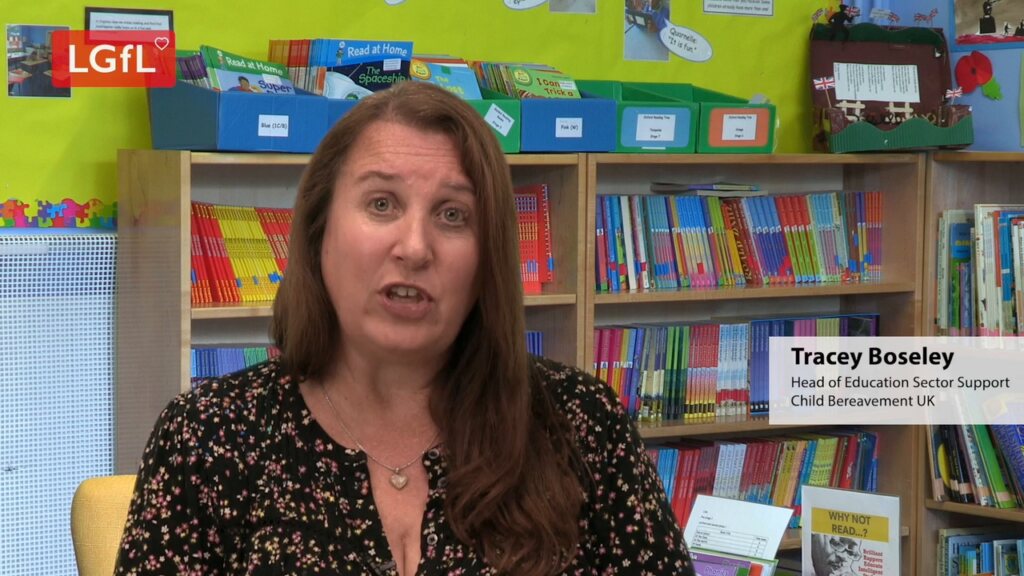Concrete language
"It’s important for them to have access to those signs, those symbols, those pictures that will help them to make sense of what has happened when somebody dies."
The use of vague language and euphemisms can lead to children having frightening misconceptions and misunderstandings. These can be very difficult for them to explain to adults. The use of vocabulary and language which they already know, such as ‘lost’ or ‘gone’ can add to their confusion. If they are lost, why aren’t we looking for them? Where have they gone? Why can’t they come back? Although adults may think it sounds peaceful to say someone ‘died in their sleep’, this might feel very scary to young people and cause issues around going to sleep themselves.
It may help to share this with families, as they may be using these euphemisms without realising how they could cause confusion and lead to frightening misconceptions.
It will help the young person if everyone is using the same clear language, using the words ‘death’ ‘dead’ ‘dying’ and ‘died’.
Further links:

